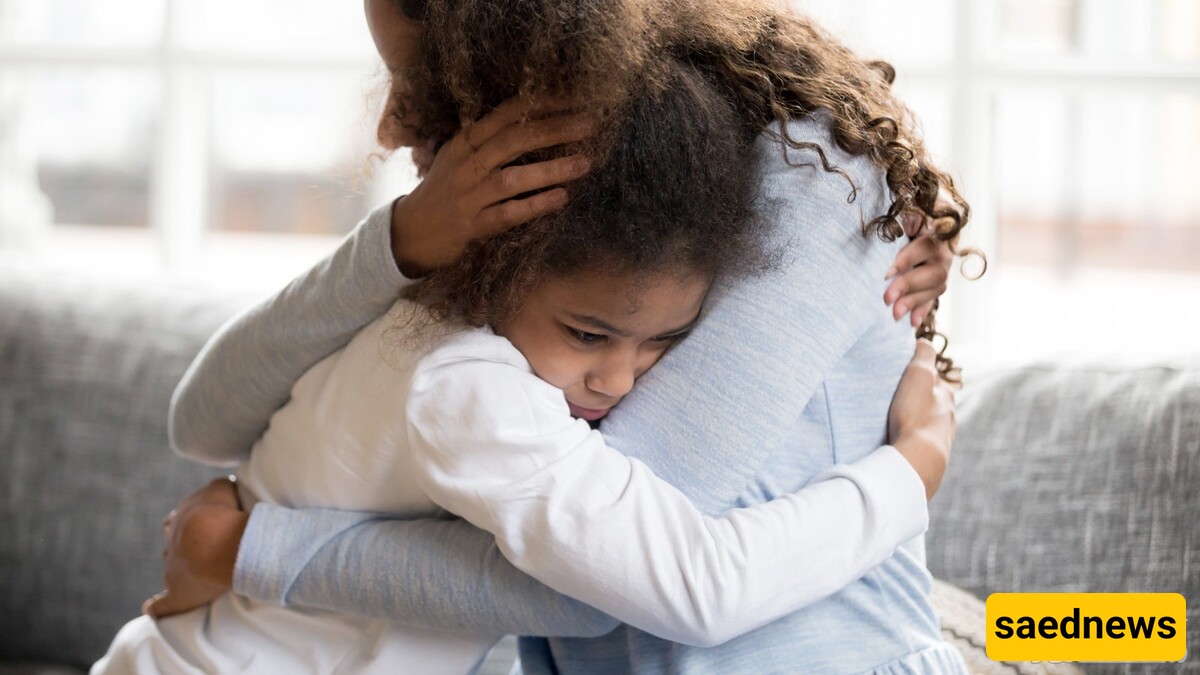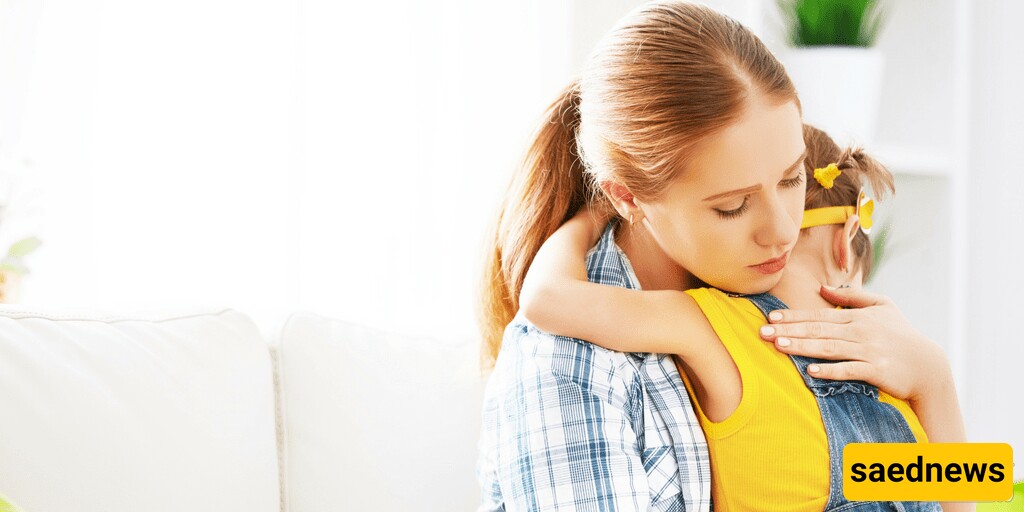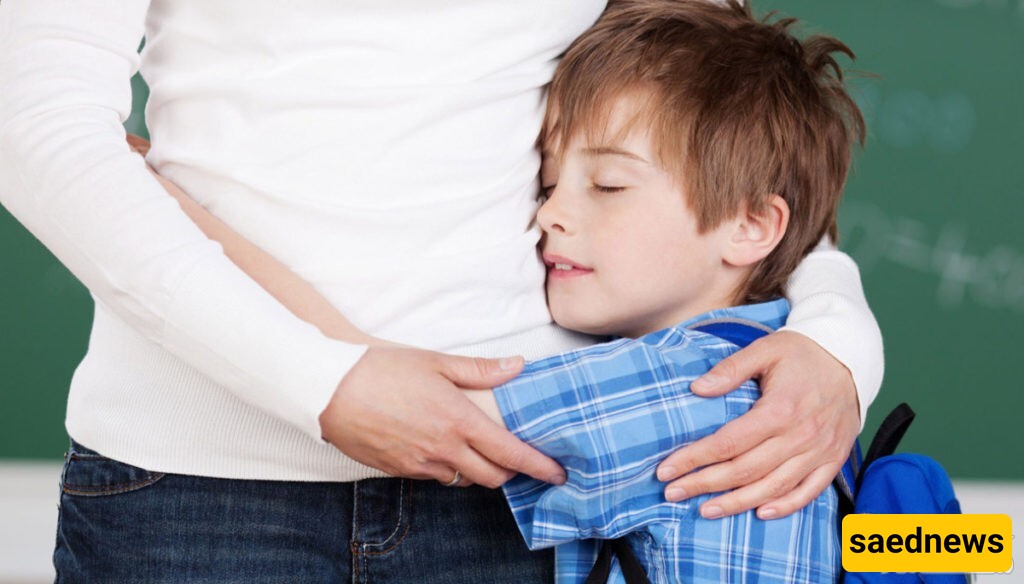The emergence of guilt in children has various dimensions, requiring close observation of their behaviors and thoughts to recognize it. This article examines guilt in children, its causes, and appropriate solutions.

Since children inherently possess pure and innocent natures, free from deceit, they are highly sensitive to events that happen to them. Guilt in children manifests as dissatisfaction and unhappiness with their own actions. For example, if a child does something that displeases their parents, they will feel guilty and unhappy afterward.
The development of this feeling is largely influenced by parental reactions and parenting styles. When parents respond excessively negatively to a child's actions, the child develops feelings of guilt and dissatisfaction.

Today, many parents do not know the proper way to interact with their children, leading to an increasing number of children struggling with this issue. It is natural for a child to lack awareness in many areas, but some parents react as if their child should have the wisdom of an experienced adult.
Therefore, it can be concluded that a child's guilt is often a result of the extreme and repeated reactions of their parents. Guilt in children can lead to isolation, withdrawal, and depression. If we do not understand how to properly address this issue, it can cause serious harm to a child's mental and emotional well-being.
One theory related to this is the Oedipus complex, which suggests that children between the ages of 3 to 6 are particularly susceptible to guilt. During this stage, parents establish rules and set expectations for their children. This parental strictness makes even the smallest act of disobedience feel like a major wrongdoing to the child.
Parents should avoid imposing rigid rules and expectations on their children because even unintentional mistakes can make them feel as though they have committed a serious offense. Overall, guilt in children is deeply rooted in how they are raised by their parents.

Parents should understand that the way they raise their children will shape their personality in adulthood. If you notice signs of guilt in your child, do not ignore them. A child growing up in such an emotional state may face severe consequences later in life. Here are some recommendations:
Modern parents often carry the stress and frustration of daily life into their homes. This anger, accumulated from external sources, may lead them to react harshly to even the smallest mistakes their child makes. Even if you have had a difficult day, leave your worries outside the home. Be mindful of the deep impact you have on your child’s mental and emotional state.
A home should not feel like a military camp, and children should not be treated like soldiers forced to obey every rule. A household should be governed by friendly and supportive relationships. Set moderate rules—ones that reduce psychological pressure on the child while also being flexible enough to change as needed.
In many cases, children make mistakes unintentionally and quickly apologize. When a child realizes their mistake, forgive them and simply ask them not to repeat the behavior.
Never publicly announce your child’s mistakes. Doing so inflicts two major emotional wounds: first, they feel guilt, and second, they experience shame, which can lead to social withdrawal and isolation.
If you have acted harshly or angrily toward your child, once you have calmed down and realized your mistake, apologize to them. Giving them a small gift or showing affection can help heal any resentment they may feel, preventing guilt from settling in their hearts.
Never expect your child to be an exact replica of yourself. They are unique individuals and should not be pressured to mirror your thoughts and behaviors. Once you accept this, you will naturally reduce unnecessary pressure on your child, preventing them from developing guilt-related issues.
If you notice persistent guilt in your child, it is best to consult a specialist psychologist as soon as possible. As mentioned earlier, guilt in children can lead to serious, long-term emotional consequences if not addressed properly.

